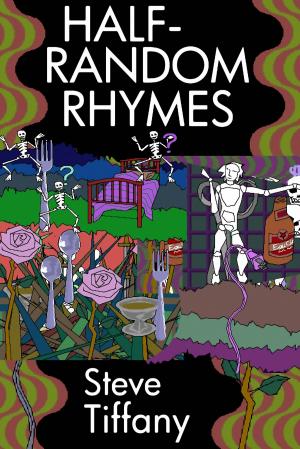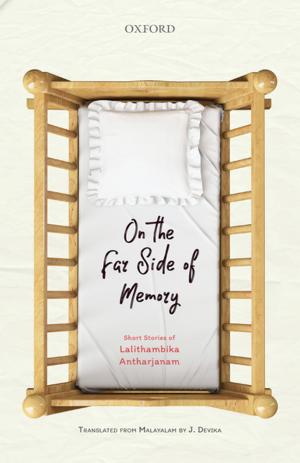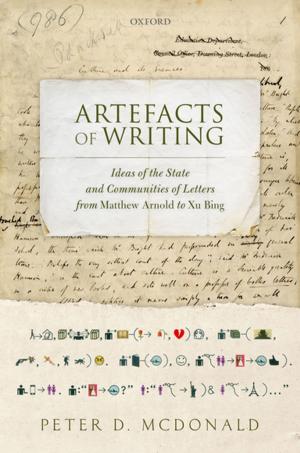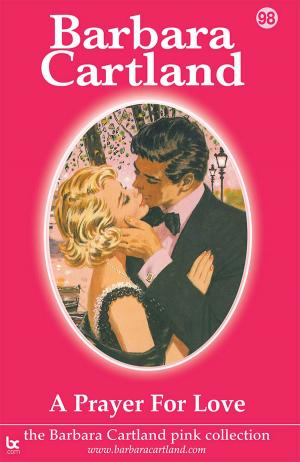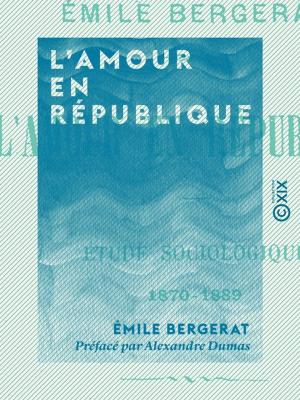| Author: | Aliyah Arden | ISBN: | 9781311192707 |
| Publisher: | Aliyah Arden | Publication: | January 1, 2014 |
| Imprint: | Smashwords Edition | Language: | English |
| Author: | Aliyah Arden |
| ISBN: | 9781311192707 |
| Publisher: | Aliyah Arden |
| Publication: | January 1, 2014 |
| Imprint: | Smashwords Edition |
| Language: | English |
“Rollicking . . . infinite variety . . . sure to please fans of Tudor-focused fiction.” Kirkus Reviews
Amelia Bassano is fierce. Falcons fly from her fingertips. Her sword is the fastest in the land. She fights for the underdog. If you ever have the chance to see her, she’ll be voguing and strutting because the world is her oyster. She is late to everything, so everyone adjusts their clocks so she is actually early. She can eat an entire skein of herring and lose three pounds. William Shakespeare says her words are the greatest of all. She is the Globe Theatre’s “muse of fire.”
Madame Shakespeare is a historical fiction based on the true life story of gifted writer Amelia Bassano, Elizabethan England’s poetess. She was the daughter of Baptista Bassano, a Venice born Jew who converted to Christianity, a virtuoso musician recruited by King Henry VIII to his royal court. Her mother was Margaret Johnson, a Christian whose nephew Robert composed Shakespeare’s songs. After her father died when she was seven, Catherine Willoughby the Duchess of Suffolk and England’s leading feminist “adopted” Amelia and provided her with the best private tutors in the land. A luminous beauty, Amelia attracted the attention of Lord Hunsdon, cousin of Queen Elizabeth. As Lord Chamberlain and patron of Shakespeare’s troupe of actors, Hunsdon introduced her to the Bohemian life of London’s notorious theatre district.
Powerful morality police abhorred the lewd licentious theatre and women were strictly prohibited from appearing on stage or writing plays. Elizabethan era men totally dominated women. Husbands beat wives with impunity. A woman was forbidden to conduct business or even allow a neighbor into the home without her man’s permission.
The law defying Amelia seeks creative expression at the Globe Theatre. She thwarts convention and bails out the hapless money-grubbing Shakespeare who is embattled by his bankrupt father and spendthrift wife Anne. Shakespeare inexplicably begins producing Italian tragedies and comedies, second nature for Amelia who spoke Italian and visited family in Italy. With her Mediterranean complexion and Jewish heritage she is an outsider in England and was likely the “Dark Lady” of William Shakespeare’s sonnets.
Though Amelia can’t openly expose herself for fear of death and disgracing her family, she inserts numerous clues in “his” plays for future generations to discover, including character names: “Baptista,” the exasperated father of both the real life, headstrong Amelia and her avatar, the obstinate “Kate” in The Taming of the Shrew; “Johnson” her mother’s maiden name; and “Bassanio” her surname.
But there are more treacherous concealments. The elderly and childless Queen Elizabeth I was without an heir. Powerful enemies scheme to replace her, including Phillip the Pious, King of Spain, whose country had controlled England through Bloody Mary, the only child of King Henry VIII and Catherine of Aragon, Spain. Mary died young leaving her reign of religious terror against English heretics unfinished. Phillip vows to complete the job and launches an invasion of England. Treasonous nobles led by the Earle of Essex prepare to replace their enfeebled queen before the Spanish could strike.
Deceitful men betray her trust and entangle Amelia in the Essex led rebellion of 6 February 1601 against Queen Elizabeth, co-led by Shakespeare’s patron the Earl of Southampton. Driven into a collision with ruthless authorities who will stop at nothing to eliminate a willful woman, Amelia will have to use all her cunning to find freedom and unreachable fulfillment.
“Rollicking . . . infinite variety . . . sure to please fans of Tudor-focused fiction.” Kirkus Reviews
Amelia Bassano is fierce. Falcons fly from her fingertips. Her sword is the fastest in the land. She fights for the underdog. If you ever have the chance to see her, she’ll be voguing and strutting because the world is her oyster. She is late to everything, so everyone adjusts their clocks so she is actually early. She can eat an entire skein of herring and lose three pounds. William Shakespeare says her words are the greatest of all. She is the Globe Theatre’s “muse of fire.”
Madame Shakespeare is a historical fiction based on the true life story of gifted writer Amelia Bassano, Elizabethan England’s poetess. She was the daughter of Baptista Bassano, a Venice born Jew who converted to Christianity, a virtuoso musician recruited by King Henry VIII to his royal court. Her mother was Margaret Johnson, a Christian whose nephew Robert composed Shakespeare’s songs. After her father died when she was seven, Catherine Willoughby the Duchess of Suffolk and England’s leading feminist “adopted” Amelia and provided her with the best private tutors in the land. A luminous beauty, Amelia attracted the attention of Lord Hunsdon, cousin of Queen Elizabeth. As Lord Chamberlain and patron of Shakespeare’s troupe of actors, Hunsdon introduced her to the Bohemian life of London’s notorious theatre district.
Powerful morality police abhorred the lewd licentious theatre and women were strictly prohibited from appearing on stage or writing plays. Elizabethan era men totally dominated women. Husbands beat wives with impunity. A woman was forbidden to conduct business or even allow a neighbor into the home without her man’s permission.
The law defying Amelia seeks creative expression at the Globe Theatre. She thwarts convention and bails out the hapless money-grubbing Shakespeare who is embattled by his bankrupt father and spendthrift wife Anne. Shakespeare inexplicably begins producing Italian tragedies and comedies, second nature for Amelia who spoke Italian and visited family in Italy. With her Mediterranean complexion and Jewish heritage she is an outsider in England and was likely the “Dark Lady” of William Shakespeare’s sonnets.
Though Amelia can’t openly expose herself for fear of death and disgracing her family, she inserts numerous clues in “his” plays for future generations to discover, including character names: “Baptista,” the exasperated father of both the real life, headstrong Amelia and her avatar, the obstinate “Kate” in The Taming of the Shrew; “Johnson” her mother’s maiden name; and “Bassanio” her surname.
But there are more treacherous concealments. The elderly and childless Queen Elizabeth I was without an heir. Powerful enemies scheme to replace her, including Phillip the Pious, King of Spain, whose country had controlled England through Bloody Mary, the only child of King Henry VIII and Catherine of Aragon, Spain. Mary died young leaving her reign of religious terror against English heretics unfinished. Phillip vows to complete the job and launches an invasion of England. Treasonous nobles led by the Earle of Essex prepare to replace their enfeebled queen before the Spanish could strike.
Deceitful men betray her trust and entangle Amelia in the Essex led rebellion of 6 February 1601 against Queen Elizabeth, co-led by Shakespeare’s patron the Earl of Southampton. Driven into a collision with ruthless authorities who will stop at nothing to eliminate a willful woman, Amelia will have to use all her cunning to find freedom and unreachable fulfillment.

